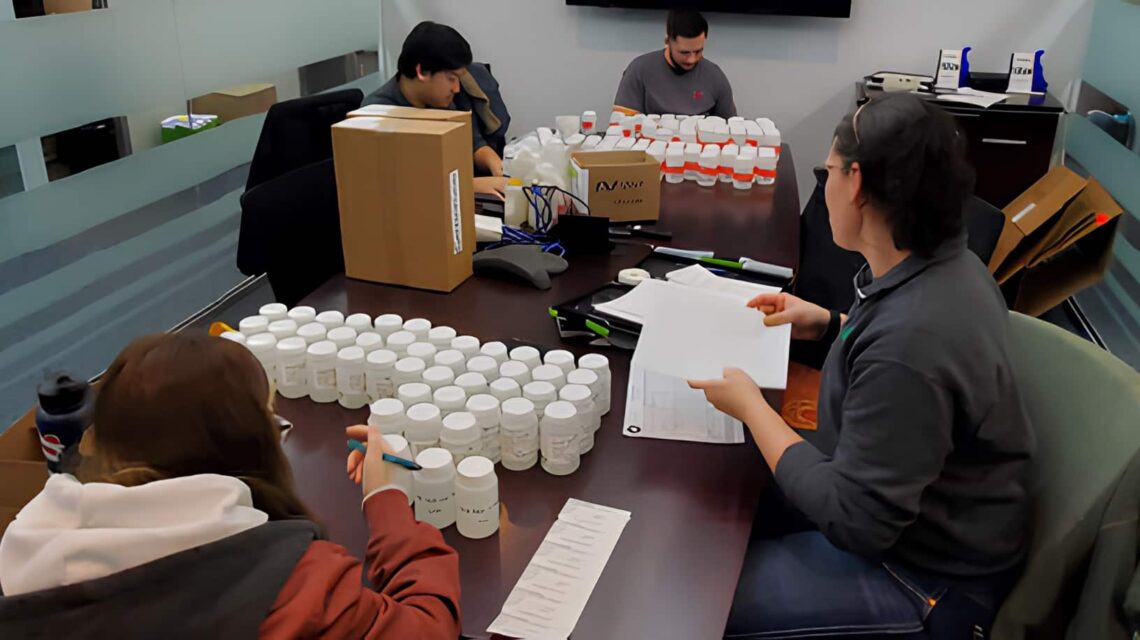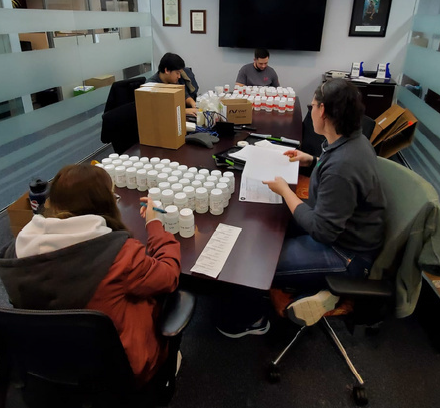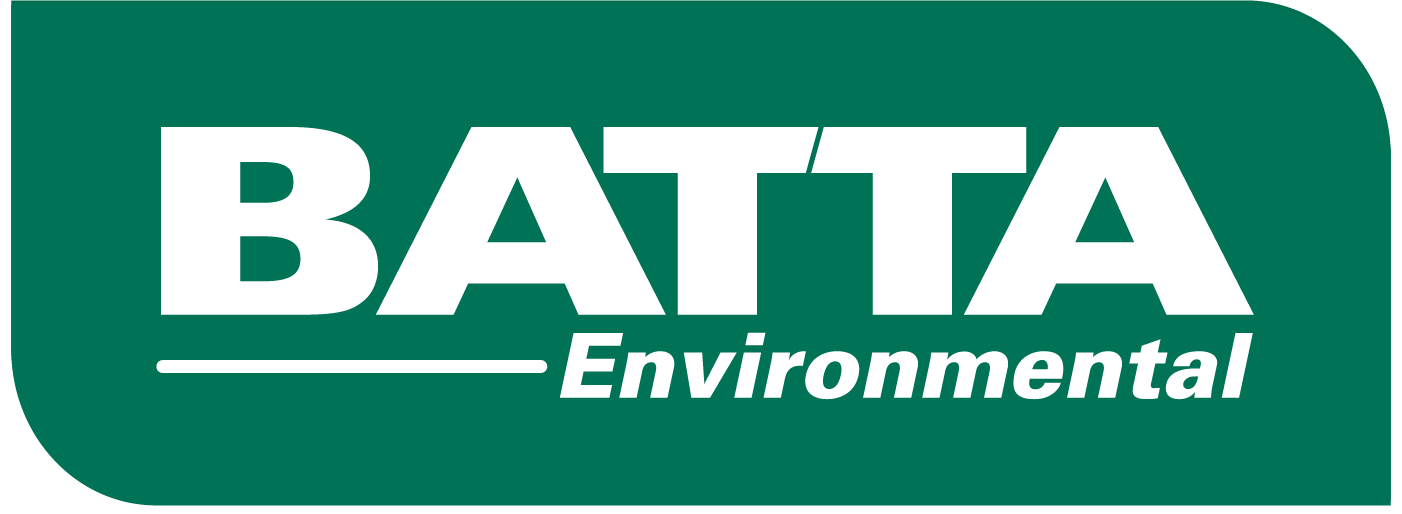
Ensuring Safe Drinking Water in Delaware’s Public Schools
In December of 2022, BATTA embarked on an important project to sample the drinking water fountains in Delaware’s public schools. With a contract acquired through the Delaware Department of Education, BATTA took on this task after previous sampling efforts by the state yielded inaccurate results and detected high levels of lead. The goal was clear: to ensure the safety and well-being of students and staff by addressing any potential lead contamination in the school drinking water.
Comprehensive Sampling Efforts:
BATTA’s dedicated team of employees worked diligently, six days a week, between the early hours of 5 am and 6 am. Their mission was to sample all two hundred and twenty schools in Delaware, ranging from preschools to high schools. Following the guidelines provided by the EPA’s 3Ts (Training, Testing, and Taking Action) initiative, BATTA meticulously carried out the sampling process.
Adhering to EPA Regulations:
At BATTA, compliance is of utmost importance. The team rigorously followed all applicable EPA regulations for the collection of drinking water samples. Each sample was properly labeled, and chain of custody forms were filled out to ensure the integrity and traceability of the samples. Subsequently, the samples were collected by ALS Laboratories, a trusted partner, for thorough analysis.
Smooth Coordination and Communication:
To streamline the sampling process, BATTA maintained open lines of communication with the Delaware Department of Education (DOE). They collaborated closely with school districts to coordinate scheduling for walkthroughs and sample collection, which took place every Monday. This coordinated effort allowed for efficient sampling with minimal disruption to the school day.
Analytical Process:
Once collected, each sample was transferred to ALS Laboratories for lead analysis. This crucial step ensured accurate and reliable results. BATTA diligently recorded the analysis results and swiftly communicated the findings to the DOE. The collected data was then made available to the public through an online database, promoting transparency and empowering the community with information regarding their school’s drinking water quality.
BATTA’s scope of work for this vital project encompassed several key elements:
- Analyzing maps and floorplans of individual schools to identify “consumption points” that required sampling.
- Conducting walk-throughs of each school to mark down the identified consumption points.
- Coordinating with school districts to create a comprehensive scheduling system for the walk-throughs and sample collection on Mondays.

- Performing sample collection in the early morning hours, between 5 am and 8 am, from Tuesday to Saturday.
- Properly labeling each sample with the correct number, date, time, and school identification.
- Filling out Chain of Custody forms to maintain the traceability and integrity of the samples.
- Transferring samples to ALS Laboratories for meticulous lead analysis.
- Recording analysis results and promptly communicating the findings to the Department of Education and the public, through an easily accessible online database.
Ensuring the safety of drinking water in Delaware’s public schools is a paramount concern for BATTA. By diligently adhering to EPA regulations, conducting comprehensive sampling efforts, and effectively communicating the results, BATTA is committed to safeguarding the health and well-being of students, teachers, and staff. This project exemplifies BATTA’s dedication to environmental safety and the pursuit of excellence in environmental consulting.
To learn more about how BATTA is making a positive impact in the field of environmental consulting, visit our website or contact us today. Together, let’s create a cleaner and safer environment for generations to come.

